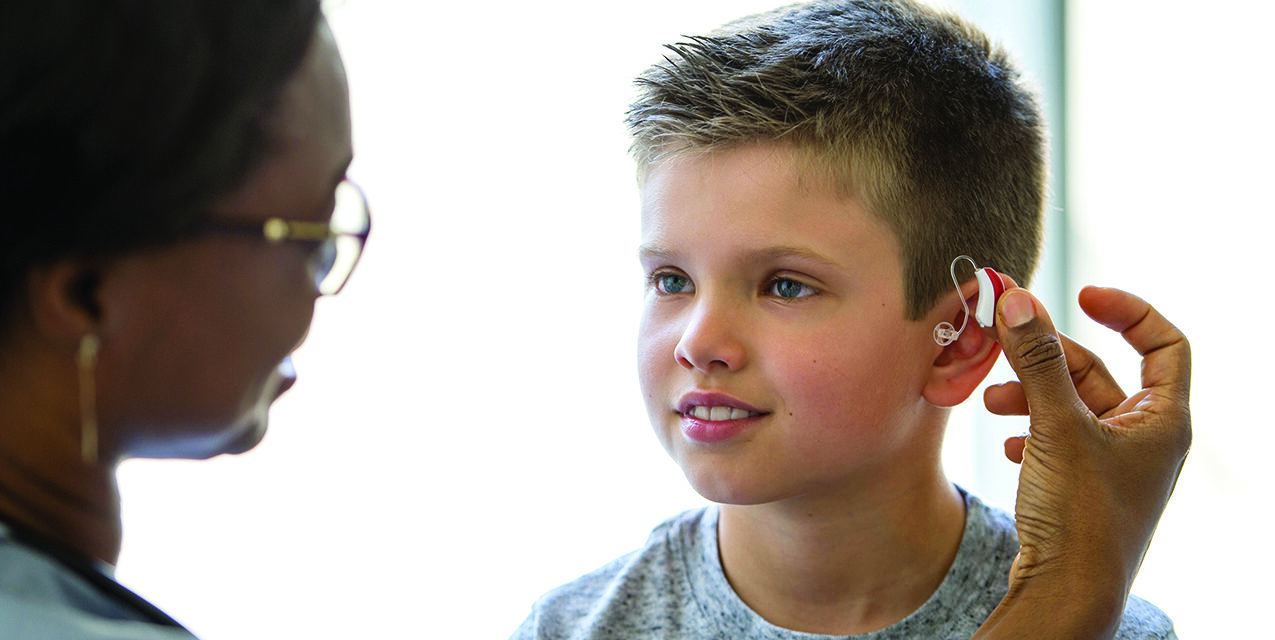Hearing loss is often associated with aging, and understandably so. Individuals from all walks of life undoubtedly have an aging friend or relative who has experienced some degree of hearing loss, and millions of seniors around the globe would admit to having some difficulty with their hearing. But hearing loss also can affect children and, if undiagnosed, can adversely affect them in all aspects of their lives.
The World Health Organization estimates that approximately 34 million children have hearing loss that requires rehabilitation. Johns Hopkins Medicine notes that hearing loss in children can be present at birth or develop later in childhood. Hearing loss that develops later in childhood is known as acquired hearing loss.
Both the American Speech-Language-Hearing Association and experts at Buffalo Hearing & Speech Centers (BHSC) note that the signs of hearing loss in children may include:
- delayed speech and/or language development
- difficulty or combination of difficulties with perception, motor production, or phonological representation of speech sounds and speech segments
- difficulty in following instructions
- frequent requests for repetition
- use of increased volume on devices, including televisions, personal music players, and tablets
- experiencing difficulty in expressing themselves
- frustration with communication breakdowns
- feelings of exhaustion at the end of a school day
- academic, behavioral, or social difficulties in the classroom and on campus
According to Marie Ryan, M.A. CC/A, audiology supervisor at BHSC, the causes of hearing loss in children can be as simple as cerumen (ear wax) or as complex as damage to middle ear or inner ear structures after suffering trauma to the head. Ryan says over-the-counter ear wax removal drops can effectively clean ears and restore children’s hearing, though such drops may need to be part of routine preventive health care measures. Ear infections, encephalitis, excessive noise exposure, meningitis, the presence of a foreign body in the ear, and viral infections like measles or mumps also can contribute to hearing loss in children. It is also important to know that treatment of hearing loss may require long-term use of hearing aids, surgery, or medication.
Though often seen as a byproduct of aging, hearing loss affects millions of children and individuals of all ages. Learn more about hearing, testing, clinic locations, and early intervention programs for children at www.askbhsc.org.












